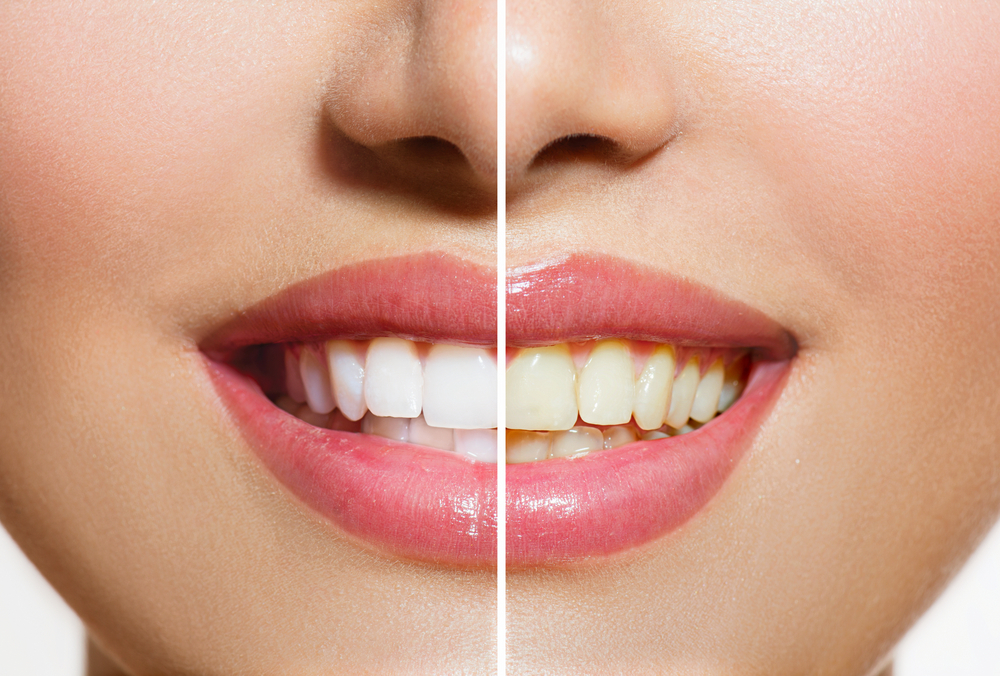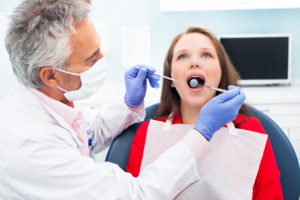When it comes to replacing missing teeth, there are several options available, but two of the most common choices are dental implants and dentures. Each option has its own set of advantages and disadvantages, and the right choice for you depends on your individual needs and preferences. In this article, we will compare dental implants and dentures to help you make an informed decision about which solution is right for you.
Dental Implants:
Dental implants are a popular choice for individuals seeking a long-lasting, permanent solution to replacing missing teeth. They consist of three main components: the implant itself (a small titanium post), the abutment, and the crown. Here are some key advantages and considerations of dental implants:
- Natural Look and Feel: Dental implants closely resemble natural teeth in both appearance and function. They are custom-made to match the color and shape of your existing teeth, ensuring a seamless and natural smile.
- Durability: With proper care and maintenance, dental implants can last a lifetime. They are incredibly durable and resistant to decay.
- Stability: Implants are securely anchored in the jawbone, providing stability and preventing issues like slipping or clicking when eating or speaking.
- Preservation of Jawbone: Dental implants stimulate the jawbone, preventing bone loss and maintaining facial structure over time.
- Maintenance: Dental implants require regular oral hygiene practices, similar to caring for natural teeth. This includes brushing, flossing, and regular dental check-ups.
- Cost: Dental implants tend to be more expensive upfront compared to dentures. However, their longevity and natural appearance can make them a cost-effective choice in the long run.
Dentures:
Dentures are removable prosthetic devices that replace missing teeth and are supported by the surrounding oral tissues. There are two main types of dentures: complete (full) dentures, which replace all teeth, and partial dentures, which replace only a few missing teeth. Here are some considerations for dentures:
- Affordability: Dentures are generally more affordable than dental implants, making them a more budget-friendly option for many individuals.
- Non-Invasive: Unlike dental implants, dentures do not require surgical implantation. They are a non-invasive solution for tooth replacement.
- Adjustment Period: It may take some time to adjust to wearing dentures. Initially, you may experience discomfort or difficulty with speaking and eating.
- Maintenance: Dentures require daily cleaning and regular maintenance to ensure they remain in good condition. They should be removed at night for cleaning and to give the gums a rest.
- Appearance and Fit: While modern dentures look more natural than their predecessors, they may not provide the same level of aesthetics and stability as dental implants.
- Bone Resorption: Dentures do not stimulate the jawbone like dental implants do, which can lead to bone resorption over time, causing changes in facial appearance.
Which Option is Right for You?
Choosing between dental implants and dentures depends on several factors, including your oral health, budget, and personal preferences. Here are some considerations to help you decide:
- Oral Health: The condition of your gums and jawbone may influence your choice. Dental implants require sufficient bone density for successful placement.
- Budget: Your budget is a significant factor. Dentures are generally more affordable upfront, while dental implants may have a higher initial cost but lower long-term maintenance expenses.
- Longevity: If you’re looking for a long-lasting solution, dental implants may be the better choice, as they can last a lifetime with proper care.
- Aesthetics: If having a natural-looking smile is crucial to you, dental implants offer the most realistic appearance and feel.
- Convenience: Dentures are removable, which some people find more convenient for cleaning and maintenance.
In conclusion, the choice between dental implants and dentures is a personal one that depends on your unique circumstances and priorities. Consulting with your Chandler, AZ dentist or oral surgeon is essential to determine the best option for replacing missing teeth. Whether you choose dental implants or dentures, both solutions can restore your smile and improve your overall oral health.









